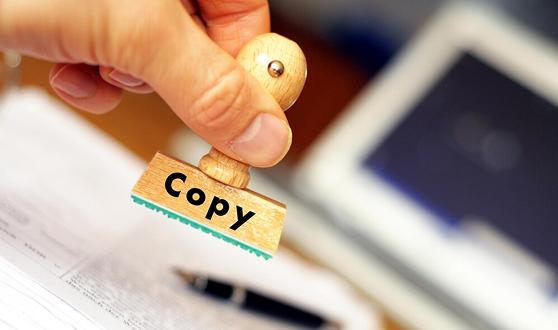In today’s content-driven economy, your digital assets are often your most valuable IP. Videos, product photos, website copy, course material, branding designs—all of it represents time, money, and brand credibility.
But here’s the catch: just because you paid for it doesn’t mean you own it.
At Michael & Hope, we’ve worked with creators and businesses who assumed they owned their content—until a licensing conflict, investor due diligence, or platform dispute proved otherwise.
Let’s clear up the common misconceptions.
1. Payment ≠ Ownership
If you hire a designer, freelancer, or content creator and don’t have a written IP assignment, you may only have a license to use, not full ownership.
This becomes a problem when:
- You try to sell or license the asset
- You publish it in new formats
- You face an infringement claim or want to enforce your rights
Want to structure this right? See our Copyright Services.
2. Unregistered Copyright Is Difficult to Enforce
Yes, copyright is automatic at the moment of creation. But you can’t file a lawsuit or claim statutory damages unless you’ve registered it.
Think of registration as:
- Insurance against misuse
- A legal proof of authorship
- A gatekeeper for licensing opportunities
We guide clients through full copyright registration for their digital content.

3. Startups Often Overlook Their Most Valuable Content
Startups create IP without knowing it:
- Founders write pitch decks and sales scripts
- Designers build landing pages and product illustrations
- Teams develop training material and knowledge bases
Without a plan in place, that IP may be spread across multiple people and files—unprotected, untracked, and unenforceable.
Explore our IP Strategy & Consulting for portfolio structuring.
What You Should Do Instead
Here’s how to avoid these risks:
- Use strong contractor agreements – Always include a clear IP assignment clause.
- Register your content – For any work that supports your brand, product, or revenue.
- Audit your existing assets – Especially if you’ve outsourced creative work.
- Think long-term – If you plan to license or sell your content later, protect it now.
Copyright Services Is an Asset, Not an Expense
Registered copyright helps you:
- Defend your content if copied
- Increase your company’s valuation (yes, investors care)
- License or resell your digital products
- Clarify ownership during partnerships, splits, or exits
Think of it like this: the more digital content you create, the more valuable your copyright strategy becomes.
Schedule a Copyright Consultation
Whether you’re launching a course, publishing videos, or managing content for your brand—we’ll help you protect and monetize it.








